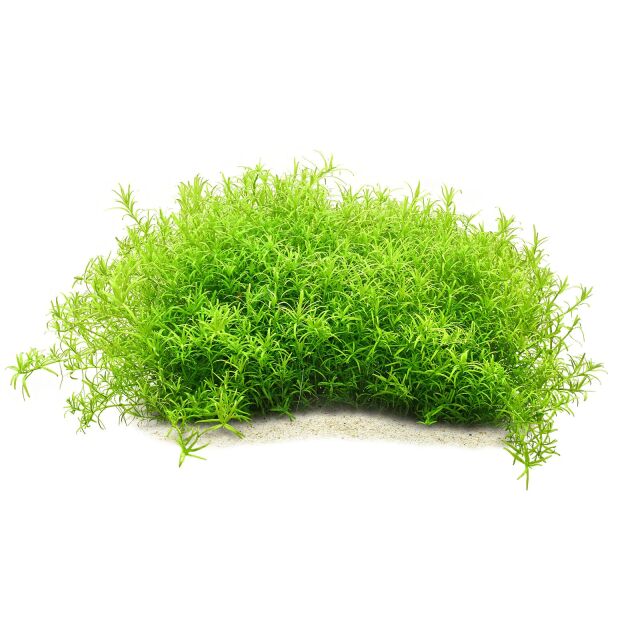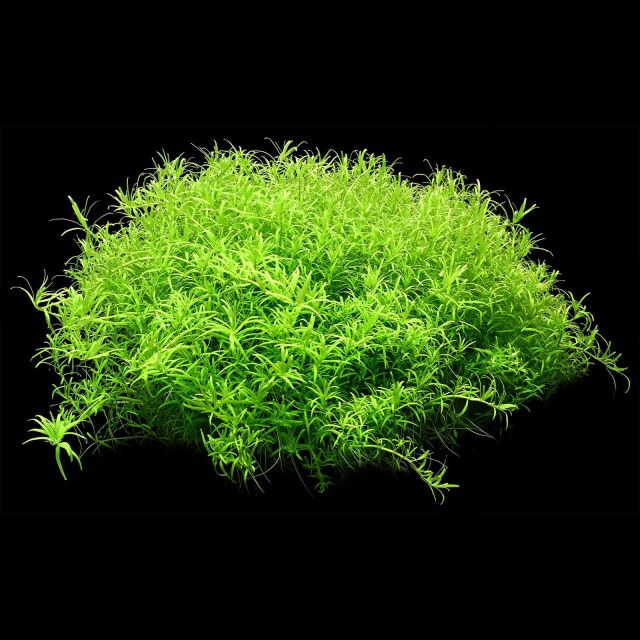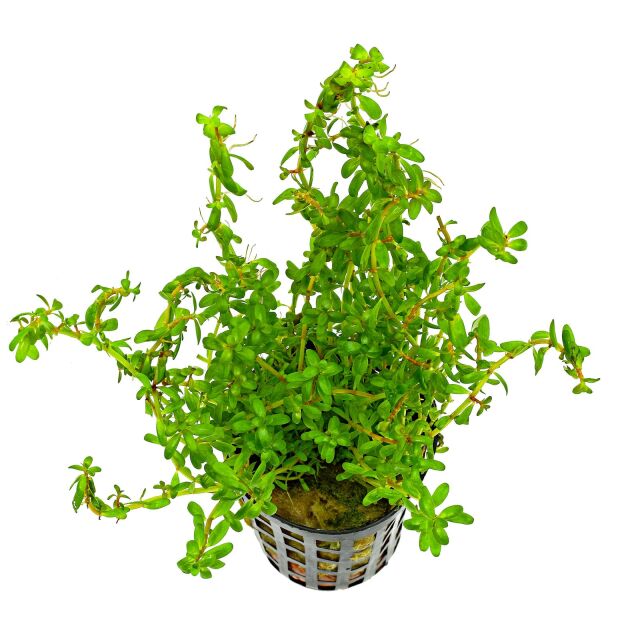Wayanad Rotala





Rotala sp. "Wayanad"
Wayanad Rotala
- New, little known Rotala from India
- Delicate, narrow leaves
- Yellow green tones
- Bushy, horizontal growth
Sign in or Register
Item question
We’re here for you!
Please enter your question and e-mail and we’ll contact you as soon as possible. It usually takes us up to 24 hours during business days to respond.
Thank you for your question!
Thank you, we’ll get in touch!
Close window
You already sent us a question.
Please wait a few minutes
Description
This Rotala was apparently found in the Wayanad district in the Indian state Kerala. It is probably a local form of Rotala rotundifolia with especially delicate, narrow, yellow-green submerged foliage. It tends very much to horizontal growth under strong lighting.
We recommend medium to strong lighting, CO2 addition and regular macro- and micronutrient supply. Probably Rotala sp. "Wayanad" has similarly low demands as standard Rotala rotundifolia.
This little known Rotala from India looks especially well as a bushy stand in the aquarium midground.
General information
| Item no. |
|
| EAN | |
| Weight | 0,05 kg |
| Shipping weight | 0,10 kg |
Customers ask customers
You have questions about this product? Ask other customer or our support team about this product!
Customer reviews
One review
| 5 Stars(1) |
|
| 4 Stars(0) |
|
| 3 Stars(0) |
|
| 2 Stars(0) |
|
| 1 Star(0) |
|

Received a very nice healthy pot, breaks down easily and the small plantlets adapt well. The mature plant looks like a cross between Walichi and R. (read more)